With a bit over a month before final exam week, school officials released a new piloted final exam schedule – the first major change since the COVID-19 pandemic when students remained at home for distance learning, prompting mixed reactions.
While all final exam periods remain at two hours, zero period has been added on the first day of final exams, Tuesday, Dec. 17, followed by a 10-minute break; then Period 1 will be the second final of the day followed by another 10-minute break.
The other new addition is sixth period, which in the past has been on the last day of final exam week. In total, the first day also will end nearly an hour later than in the past at 1:58 p.m.
“Establishing a designated zero period final on the first day of finals promotes consistency for all teachers, parents and students while improving test security by reducing the need for multiple test versions,” assistant principal Sarah Murrietta wrote in her Thursday, Nov. 14, email to all SH staff.
Students and parents received the new finals schedule in principal Craig Weinreich’s weekly digital newsletter sent on Friday, Nov. 22; members of the Parent Teacher Student Association were also informed about the change in an email sent the same day.
Other changes follow the first day with second and third periods on Wednesday and fourth and fifth-period finals on Thursday. In the past, final exam days were based on a chronological order with first and second periods on day one, third and fourth periods on day two and fifth and sixth periods on day three.
All high schools in the Fullerton Joint Union High School District except La Vista and La Sierra have already implemented similar schedules that include zero period classes during finals week, according to each school’s website.
“If we did [Periods] 0, 1 [and] 2, that means most students would have three finals that day,” Murrietta said. “So by doing 0, 1, 6, [about 16%] of our students would have three finals because many have no sixth period or play a sport, as opposed to the other way; it’s more to ensure the majority of our students would only take two finals a day.”
The assistant principal said discussions for schoolwide changes are usually taken up during monthly leadership meetings composed of administrators, department coordinators and other instructors. Department coordinators then return to their respective subject instructors to share proposals and get feedback on them.
Because this change is not set in stone, Murrietta said at the next leadership meeting in January, those in attendance will evaluate how the pilot final exam schedule went and whether more adjustments are needed for the spring semester or whether to return to the way the last week of school was handled in the past.
No matter what, the goal is to figure out what’s in the best interest of all students and teachers on campus, she said.
While discussions over the final exam schedule were addressed during leadership meetings in previous years, Murrietta said more serious conversations began in September.
Math teacher and department chairwoman Mariam Tan said she first brought up the idea to change the finals week schedule in the fall of 2021 because of the inconsistency between her classes.
Tan said she was inspired to ask about adding a zero period again this year after mentioning it in previous years because the class was included in the schedule for fall semester finals in December 2020 during the COVID-19 pandemic.
“Because of that change when we were doing distance learning, it got me thinking, ‘Can’t we just change it to this permanently?’” said Tan, who teaches Periods 0-4.
Both finals schedules for the 2020-2021 school year had zero period included because a designated Zoom meeting time for the students to take their final proved necessary, Murrietta said.
Nevertheless, the math teacher also said she hopes this will be the permanent schedule going forward but is open to change as long as it positively benefits students.
“I think it streamlines reviewing for finals for me because right now my zero period class is also taught third and fourth; so, since I teach the same class three times, now I can make sure that I say the same things to each period instead of taking multiple extra days out of zero period to prep and deliver the final exam,” she said. “But, of course, if it doesn’t work for more people than it works for and people want to change it back, I think that’s totally valid because what works for more students is what is best.”
Social science department chairman Greg Abbott, who has also been at meetings when the final exam schedule change was discussed, said although the new format will benefit students, he does have one concern about how Tuesday, Dec. 17, will go.
“It’s a lot of finals for one day if you have a zero period — that means you have six hours of finals — so [no] sixth-period [core class] for mostly athletes, really, is good,” Abbott said.
Despite that issue, he said the change will get those on the first day of finals ready for education beyond high school.
“Certain kids might get burned out by their third final [on the first day], but, in many ways, they’re getting prepared for college, and that’s how it is,” said the social science teacher, who teaches Periods 0-5. “Sometimes, finals are stressful, but it’s good practice for college.”
Murrietta said she has yet to hear of any negative feedback about the new schedule, though some instructors during the leadership meeting voiced resistance to a change this school year.
“The concerns were ensuring that the majority of our students do not have three finals in a day, so that was voiced in many departments, knowing that test fatigue will weigh in,” she said. “Many departments shared feedback that the current schedule of three days of finals, two finals each, is something that they really want to stay with.”
Results of The Accolade’s online poll released Friday, Nov. 15, embodied the students’ mixed opinions with 38 respondents in favor of the change, 59 against and 49 feeling neutral about the schedule.
Students had mixed reactions.
Sophomore Madelyn Sooter, who found out about the new schedule the week before Thanksgiving break during an in-class conversation with her friends, said she has worries about students adjusting to the new format.
“I feel like some people might not be accustomed to the change, and they might not be ready for it if they had a zero last year or they’ve been used to it for many years,” Sooter said.
The sophomore also agreed with Abbott’s concern about the longer first day, adding that three 10-minute breaks aren’t good enough.
“The schedule might also be a little conflicting with lunchtime because lunch during a regular school day would normally be in that time of sixth period finals,” she said. “So, it would be kind of a lot for students with three finals to get by without any lunch or anything.”
Junior Jeremiah Ayala, who has a zero and sixth period core class, said he feels positively about the change, as it is catered to the majority of the student population.
“I feel that the schedule change is good because only about 16% of the total student body is affected, making it much easier for the majority,” said Ayala, who heard about the change from English teacher Scott Rosenkranz in class on Thursday, Nov. 14. “Although it still may be difficult for the 16% with both a zero and a sixth-period class, it is the students choice to add on an additional academic class.”
In addition, the junior said a designated zero period class provides all students an equal amount of time to study for the final for that class.
“Without the official change for a place for a zero period final, it may be more stressful on students who are going to have less time to prepare for that final if it is taken either in the span of one or two class periods, or early to accommodate for the uncertainty of when the final is,” he said. “There is more time to review the class material when the final is set to a specific day during finals week which benefits students.”
Ayala also said the additional hour at school for those who have a zero and sixth period may result in students feeling more fatigued.
“I feel the extra hour on the first day for those who have a zero period and a sixth will be much more mentally exhausting compared to the rest of the days as three tests will be taken instead of two,” he said. “I would have been welcome to having zero period split between two days, but I do understand it may be difficult to split some tests depending on how they are structured to two days.”
Jose Ayala, the junior’s father, said he feels neutral about the change, as the later end time on the first day doesn’t impact his son.
“Jeremiah does have the flexibility of being able to walk home because we live close to the school,” Jose Ayala said. “Overall, the schedule does not pose much of a problem to us or Jeremiah.”
Murrietta said the schedule allows for less confusion and questions from students and parents.
“I think that the change really does provide the consistency for parents and students of when their student needs to be here and in school; I’ve been here for seven years, and I think every finals time, we do get phone calls [from parents] for students,” she said. “What I had sent [in the email] to all the staff is we’re going to try it in the fall semester finals and let’s then get feedback, and then we can make a decision based on that feedback for the spring.”



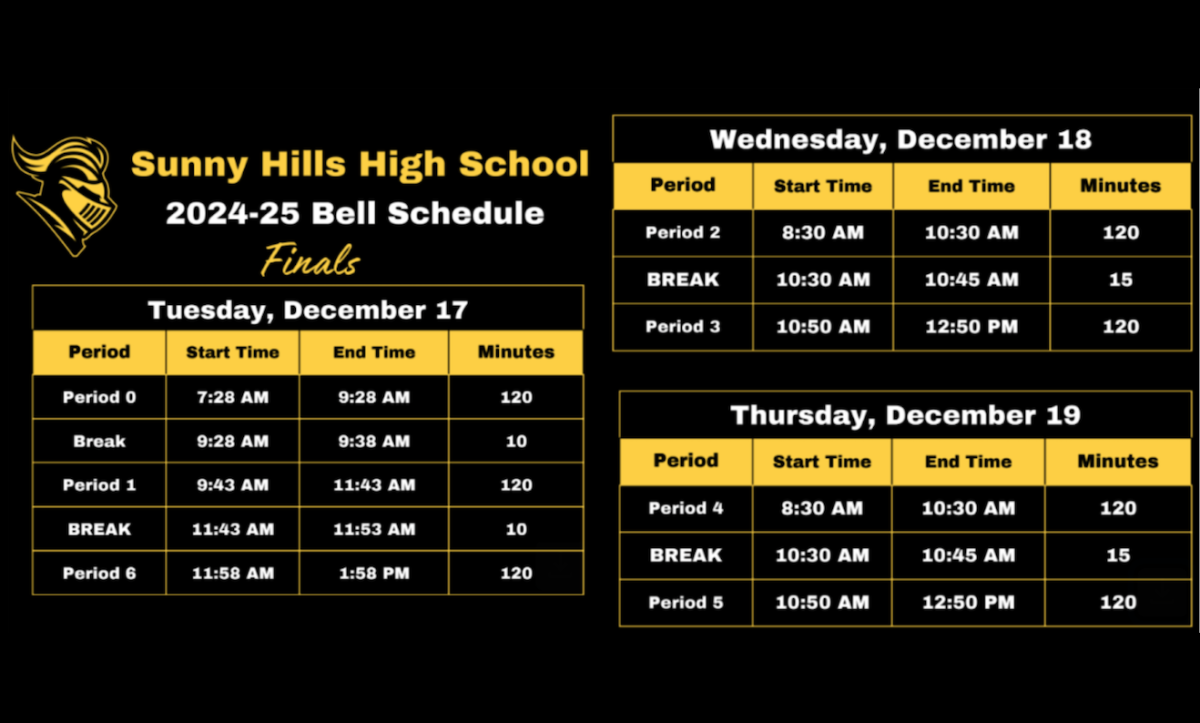


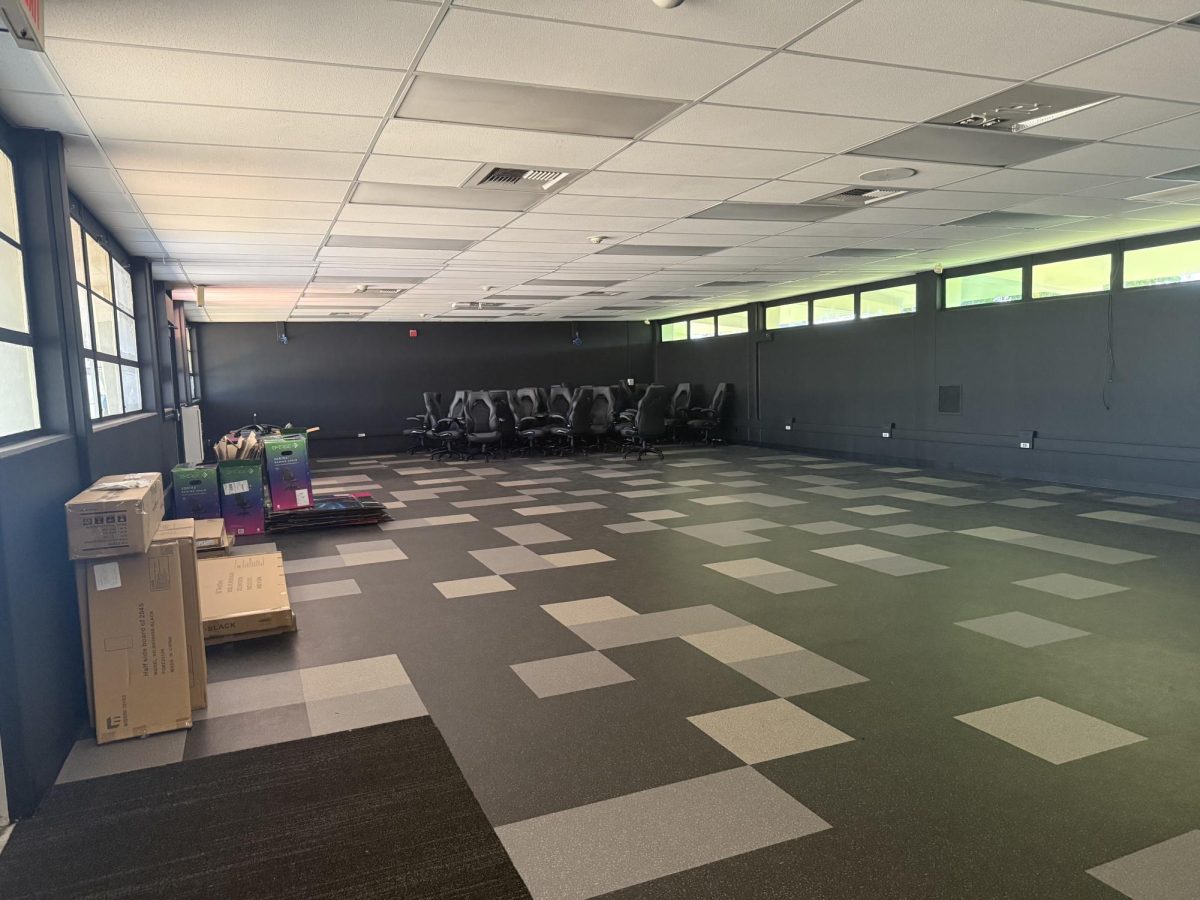
![Students and staff across the Fullerton Joint Union High School District [FJUHSD] received emails promoting a part time job offer with pay. The messages were set from compromised FJUHSD accounts.](https://shhsaccolade.com/wp-content/uploads/2025/09/image1-2-1200x527.png)

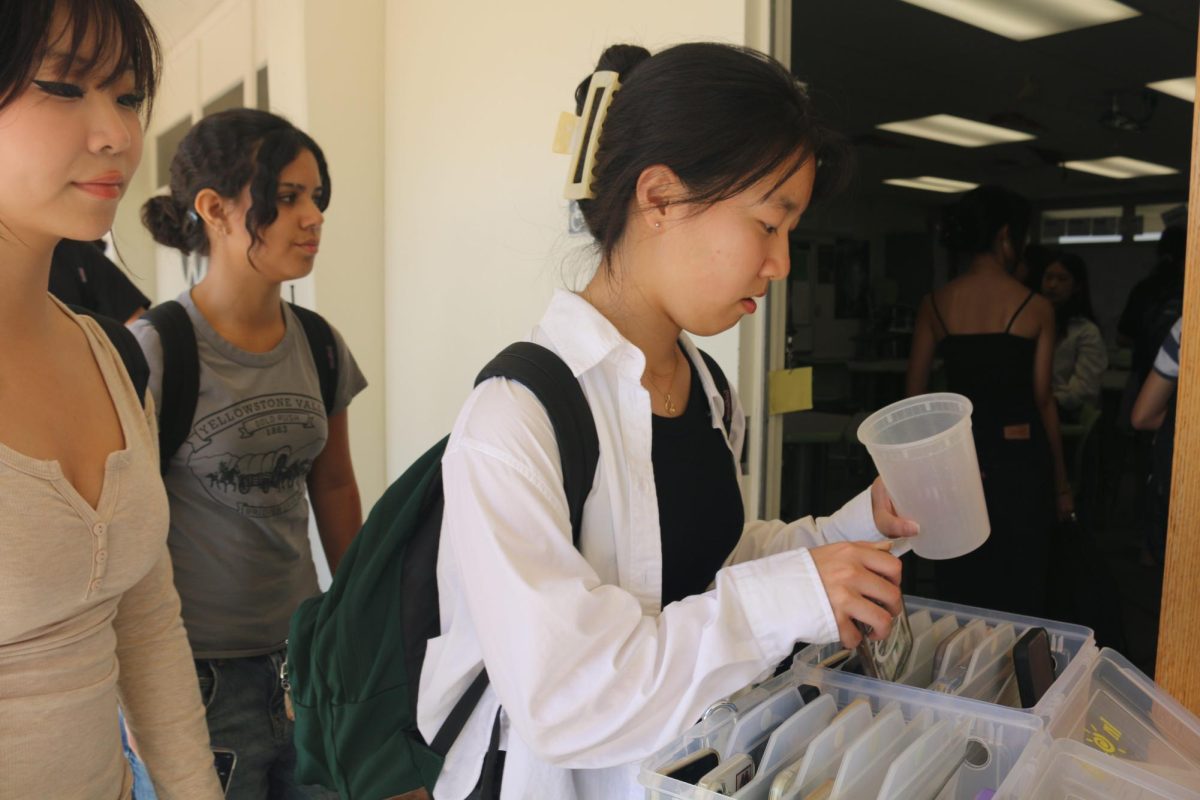



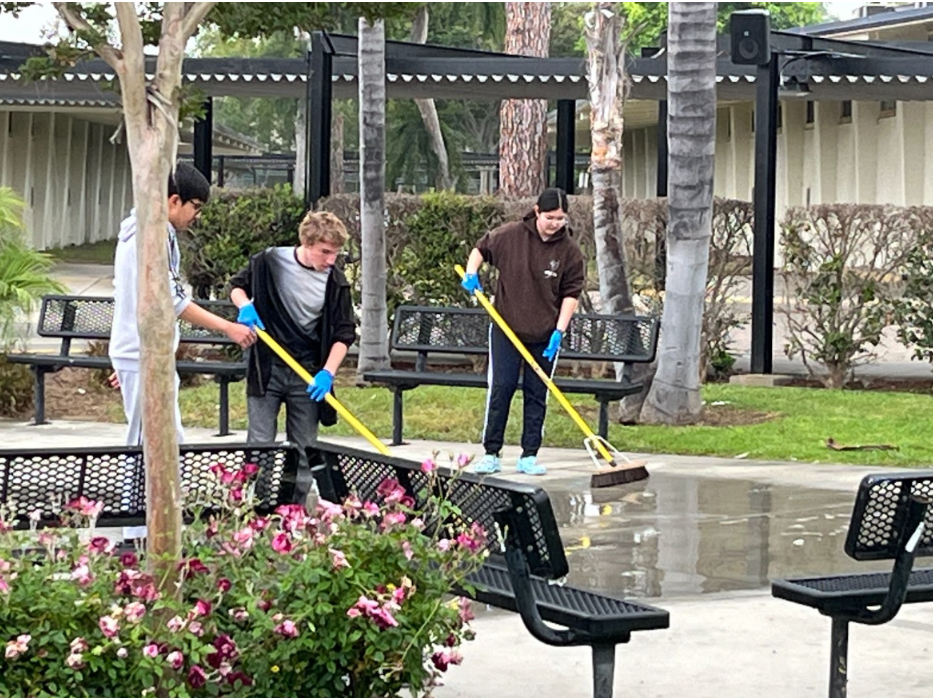
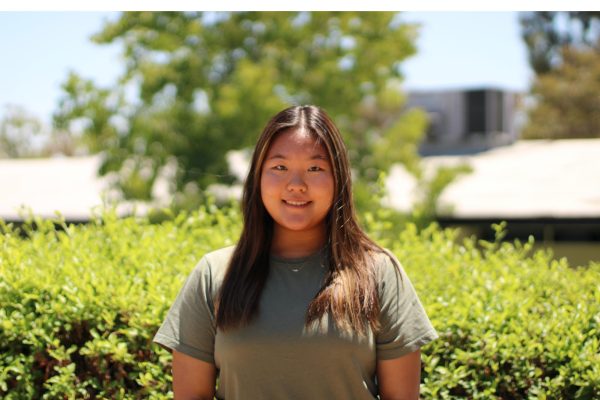
Rhea Ji • Dec 13, 2024 at 12:16 pm
Insightful and well written!